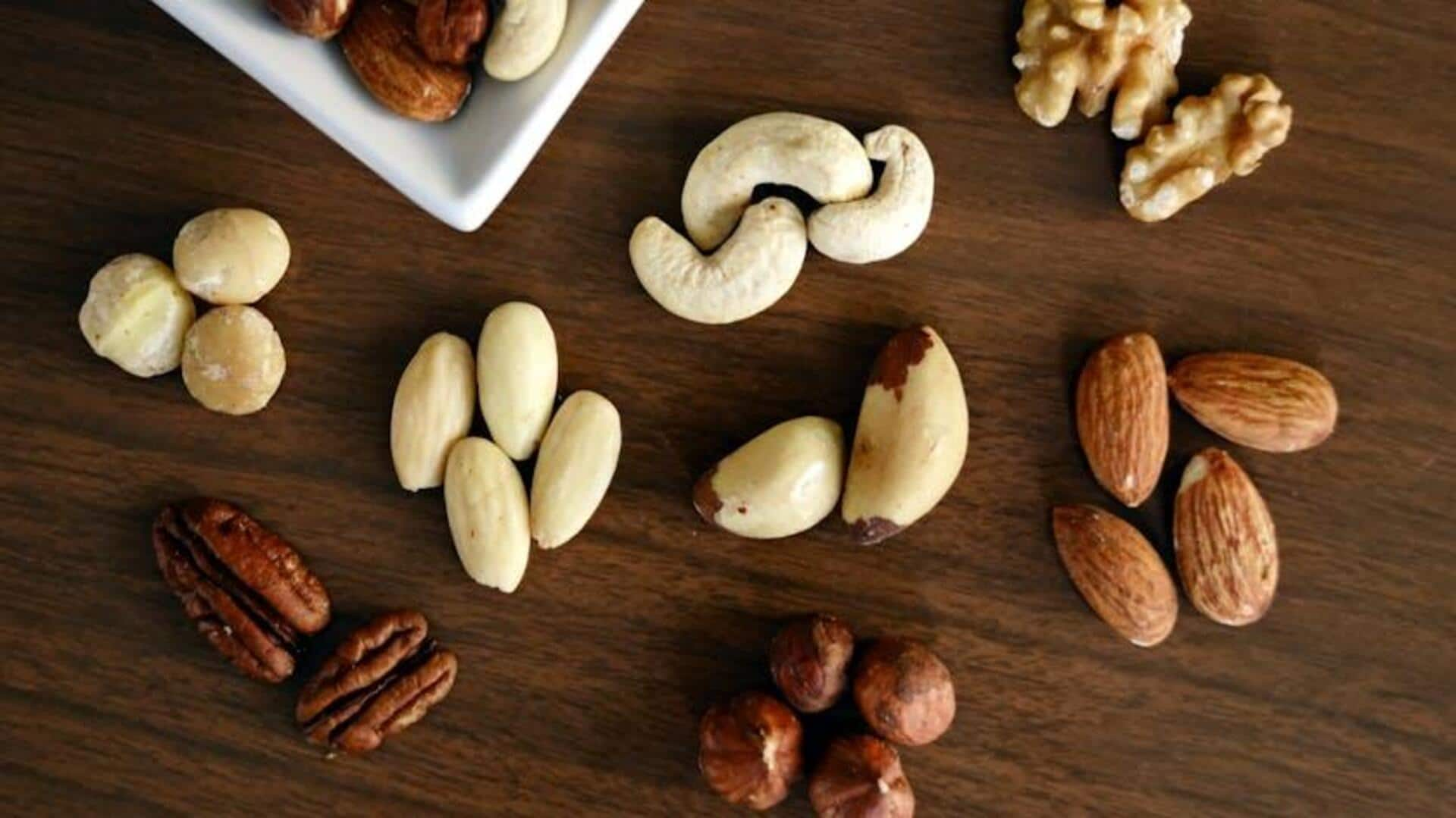
Busting the myths: Truth about plant-based diets
What's the story
Plant-based diets have become quite the rage, and for all the right reasons. They're healthy, good for the environment, and help reduce animal cruelty.
But, despite all this, a number of myths continue to cloud the air, making people question the real essence of plant-based diets.
In this article, we will debunk five such myths surrounding plant-based diets.
Protein misconception
Myth: Lack of protein in plant-based diets
One common myth is that plant-based diets don't provide enough protein.
In fact, many plant sources such as lentils, chickpeas, and quinoa offer plenty of protein.
Pairing various plant foods guarantees a complete amino acid profile required by the body.
Research indicates that with proper planning, a plant-based diet can fulfill or surpass daily protein needs without animal products.
Cost concerns
Myth: Plant-based diets are expensive
Another misconception is that following a plant-based diet is costlier.
While specialty vegan products might be expensive, staples such as beans, rice, and veggies are usually affordable and easy to find.
Planning meals with seasonal produce and buying in bulk can further save money.
Many find that making the switch to a plant-based diet can be budget-friendly when concentrating on whole foods rather than processed substitutes.
Variety misunderstanding
Myth: Limited food choices available
Some think a plant-based diet restricts food options to a great extent.
The truth is, there's a whole world of fruits, vegetables, grains, nuts, and seeds to choose from for varied meals.
From Italian to Thai, a world of global cuisines opens up to you with countless delicious plant-based dishes.
The variety in the plant-based diet lets you experiment in the kitchen while staying healthy.
Nutrient concerns
Myth: Nutrient deficiency risks are high
Concerns over nutrient deficiencies often keep people from switching to a plant-based lifestyle.
While some nutrients, such as vitamin B12, do require attention since they are not abundant in plants, the issue can be easily tackled with fortified foods or supplements.
A well-planned diet packed with a variety of fruits and vegetables delivers all the vitamins and minerals needed for optimal health.
Lifestyle limitation
Myth: Only suitable for certain lifestyles
The notion that plant-based diets only apply to certain lifestyles or demographics is baseless.
In fact, the diets address a spectrum of needs across the age spectrum.
Athletes especially may benefit from these diets for performance enhancement because of the anti-inflammatory properties of many plants.
These properties can improve recovery times, displaying the versatility of the diet and its applicability to various lifestyle requirements.